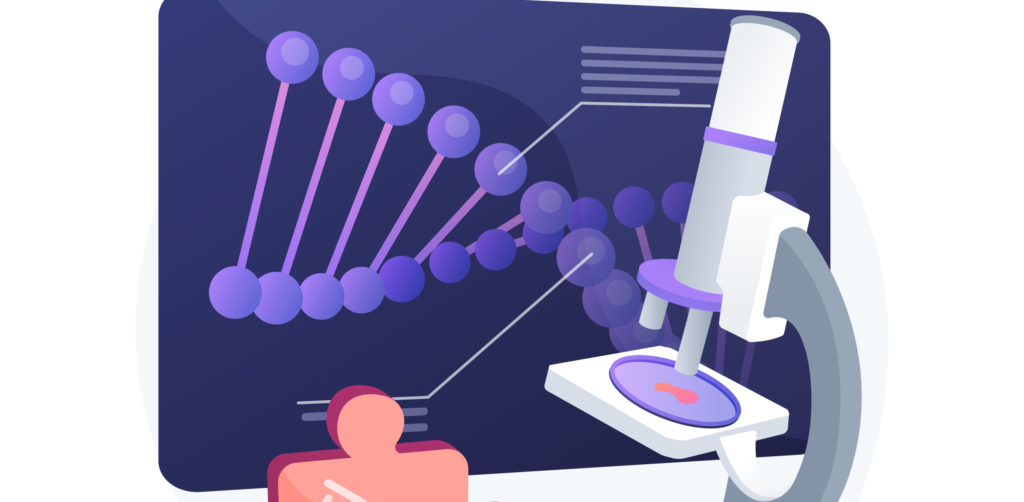Single-cell analysis is a rapidly evolving field that allows researchers to study individual cells in complex biological systems, leading to a deeper understanding of cellular heterogeneity, disease mechanisms, and drug responses. This technology has enabled the generation of large-scale datasets, with thousands of individual cells being analyzed simultaneously. However, the analysis of these datasets requires sophisticated bioinformatics tools and methods.
The cost of single-cell analysis has decreased over the years, making it more accessible to a wider range of researchers. However, the cost of sequencing, cell isolation, and library preparation can still be a barrier for some researchers. Bioinformatics tools can help mitigate these costs by improving the accuracy and efficiency of data analysis, reducing the number of cells needed for downstream analysis, and improving the resolution and sensitivity of data.
Single-cell analysis can reveal novel insights into the heterogeneity of biological systems. For example, in cancer research, single-cell analysis has shown that tumors are composed of multiple subpopulations of cells with distinct molecular profiles, which can have different responses to therapies. In neuroscience, single-cell analysis has revealed the diversity of cell types in the brain and their roles in different brain functions. In immunology, single-cell analysis has provided insights into the heterogeneity of immune cells and their responses to different stimuli.
Bioinformatics tools are essential for the analysis of single-cell data, as they enable the processing, analysis, and visualization of large-scale datasets. These tools include dimensionality reduction techniques, clustering algorithms, gene set enrichment analysis, and visualization methods. Bioinformatics tools also enable the integration of single-cell data with other omics data types, such as genomics, transcriptomics, and epigenomics, leading to a more comprehensive understanding of biological systems.
Ultimately, single-cell analysis is a powerful tool that enables researchers to study individual cells in complex biological systems, leading to new insights into cellular heterogeneity, disease mechanisms, and drug responses. The cost of single-cell analysis has decreased over the years, but bioinformatics tools are still essential for efficient and accurate data analysis. The insights gained from single-cell analysis have the potential to revolutionize our understanding of biological systems and lead to new therapeutic approaches for a wide range of diseases.
